The Pros and Cons of Becoming a Landlord
Pros and Cons of Becoming a Landlord in Ontario
Investing in real estate can be a lucrative venture, especially if you're considering becoming a landlord. However, like any investment, it comes with its own set of pros and cons. This article explores the advantages and drawbacks of being a landlord in Ontario.
The Advantages
1. Passive Income
The most prominent benefit of being a landlord is the potential to generate passive income^birksassetmanagement.com^. Rental properties can provide a steady stream of income that requires relatively little effort once the initial setup is complete.
2. Tax Deductions
Landlords can benefit from various tax deductions related to property ownership and rental activities^birksassetmanagement.com^. These deductions can include expenses related to maintenance, property taxes, insurance, mortgage interest, and more.
3. Equity and Appreciation
Over time, your property may appreciate in value, increasing your wealth. As you pay down your mortgage, you build equity in the property, which can be leveraged for other investments.
4. Large Pool of Potential Applicants
In most urban centers, the demand for rental housing is high, providing a large pool of potential tenants. This demand can help ensure that your property remains rented and generating income.
The Drawbacks
1. Upkeep and Maintenance
Being a landlord means dealing with regular maintenance and unexpected repairs. These costs can add up over time and cut into your profits.
2. Time Investment
Managing rental properties can be time-consuming. From finding and vetting tenants to handling maintenance requests and dealing with legal issues, landlords often find themselves investing a significant amount of time into their properties.
3. Running a Business
Being a landlord isn't just about owning property; it's about running a business. This means dealing with accounting, marketing, customer service (your tenants), and more.
4. Legal Responsibilities
Landlords must comply with the Residential Tenancies Act and consult with the Landlord and Tenant Board Ontario (LTBO). Not understanding or following these laws can lead to costly legal issues.
5. Costly Investment
Aside from the initial cost of purchasing the property, there are ongoing costs like property taxes, home insurance, taxes on rental income, mortgage payments, repair, and maintenance.
6. Risk of Non-Paying Tenants
It can take a long time to evict a tenant that pays zero rent. During this time, you're not generating income from the property, which can significantly impact your bottom line.
In conclusion, becoming a landlord in Ontario can be a profitable venture, but it's not without its challenges. It's essential to consider each of these factors carefully before diving into the world of rental properties

